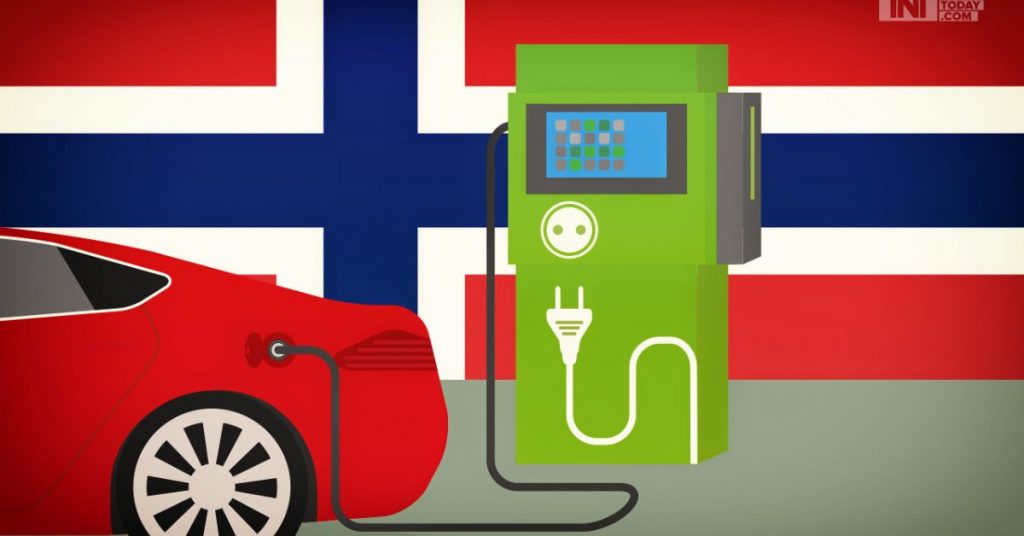The global shift to sustainable transport is accelerating, with some countries making strides faster than others. Various factors, including government initiatives, infrastructure investment, and consumer demand, influence how quickly these transitions occur. Norway’s success in promoting electric vehicles (EVs) is now being closely watched worldwide. Norway’s focus on EV adoption has resulted in electric vehicles making up over 96% of new car sales in early 2025.
Norway has offered numerous incentives to encourage citizens to buy electric vehicles, including VAT exemptions, reduced toll fees, free or discounted parking, and access to bus lanes. These policies have created a compelling economic case for EV ownership. In contrast, the appeal of internal combustion engine (ICE) vehicles has diminished. The nation made an early commitment to shift away from fossil fuel-powered cars, with policies enacted consistently since 2017.
Sales data highlight the dramatic progress. In 2010, EVs accounted for less than 1% of car sales. By 2024, that figure had reached 88.9%, and in 2025, it has exceeded 96%. Although electric cars now dominate new car sales, they still represent only 28% of all vehicles in Norway, with over 40% in Oslo. However, critics point to a paradox in Norway’s environmental efforts. While the country leads in EV adoption, it is also one of the world’s top exporters of oil and gas. The Norwegian government defends its energy sector, citing low-emission extraction technologies, but the criticism of double standards persists.
Tags: electric, Norway, Vehicles



Recent Posts
Yara Birkeland Marks Three Years of Pioneering Zero-Emission Maritime Operations
HD Hyundai, Maersk Collaborate on Innovation in Decarbonization and Smart Logistics
First ship to have pioneering sensor installed to measure emissions of particles
Incat Tasmania launches world’s largest battery-electric ship
India to supply 4.12 lakh tonne green hydrogen derivatives to Japan, Singapore
Green hydrogen gets official stamp as India notifies certification scheme
Wärtsilä expands methane slip reduction capabilities by introducing NextDF technology
GS E&C, Amogy, and HD Hyundai Infracore partner with South Korean City Pohang-si